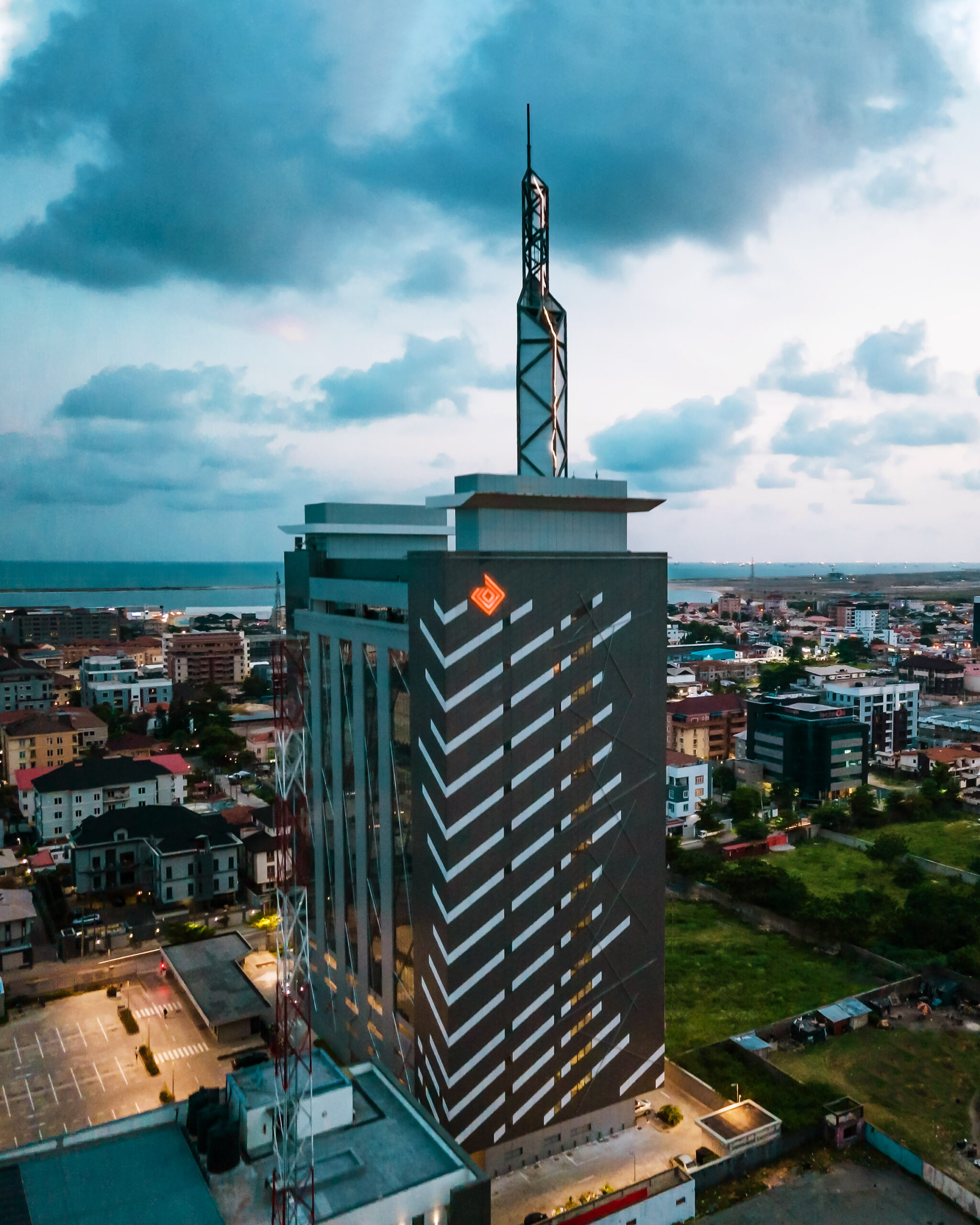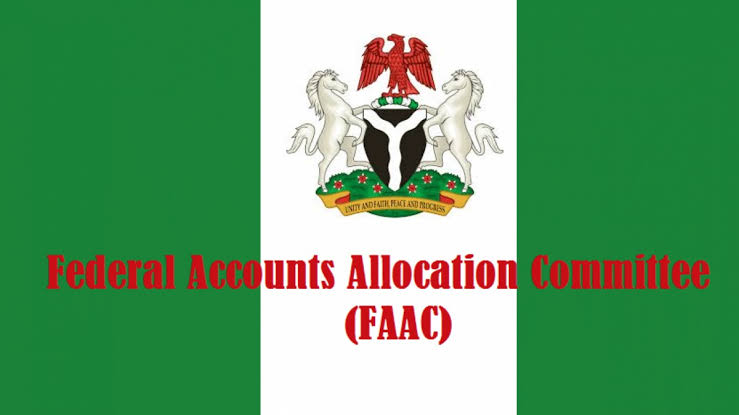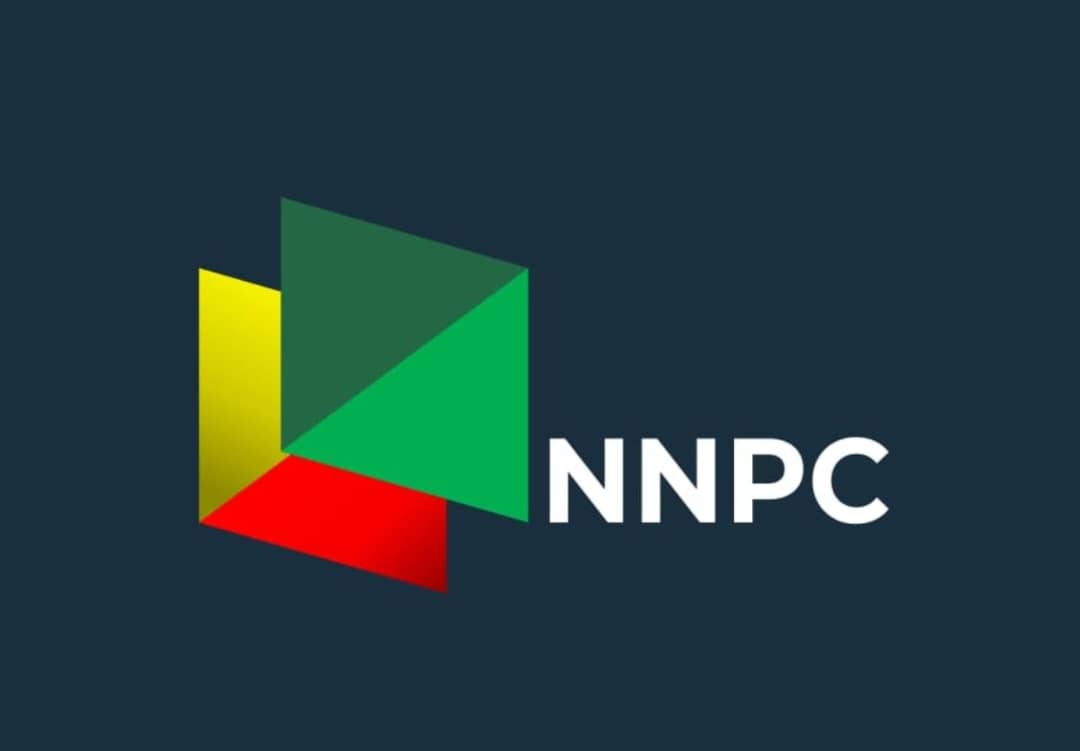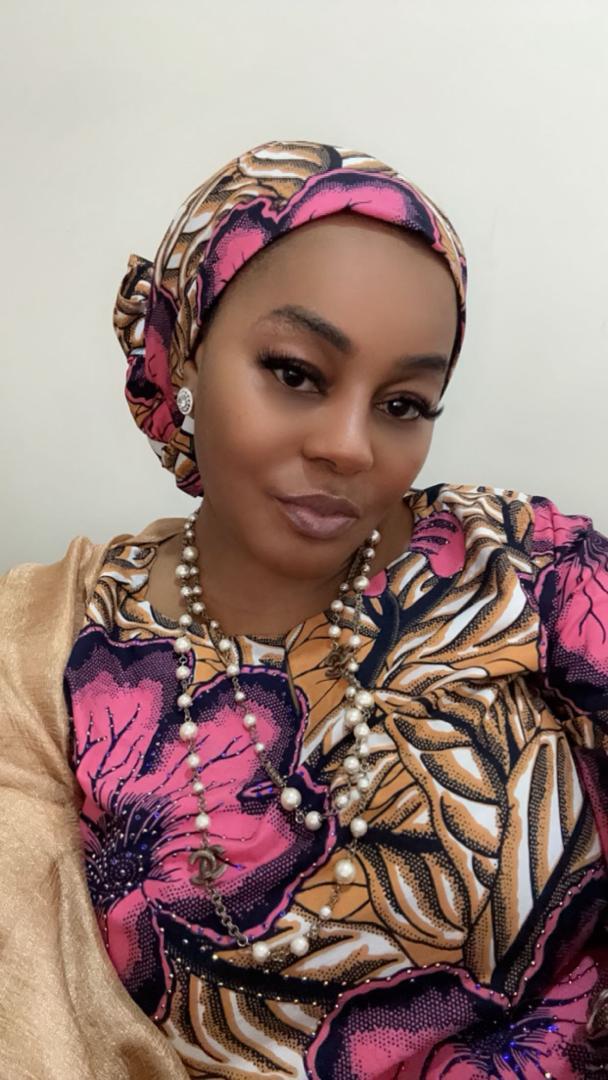
Depositors’ Funds Safe,CBN Insists
Mohammed Shosanya The Nigerian banking system and depositors’ funds are safe, the Central Bank of Nigeria has said. Sidi Ali Hakama,its Acting Director of Corporate Communications, who disclosed this on Monday during














